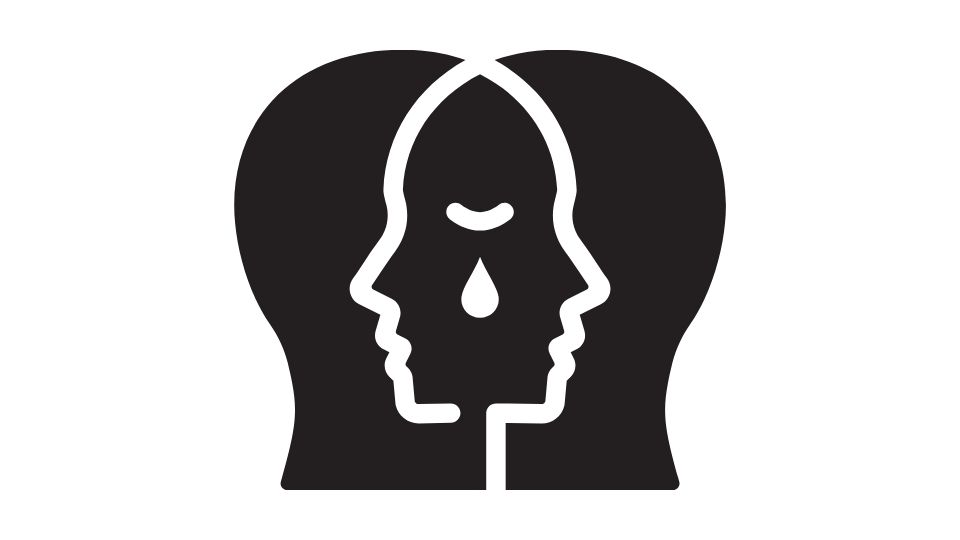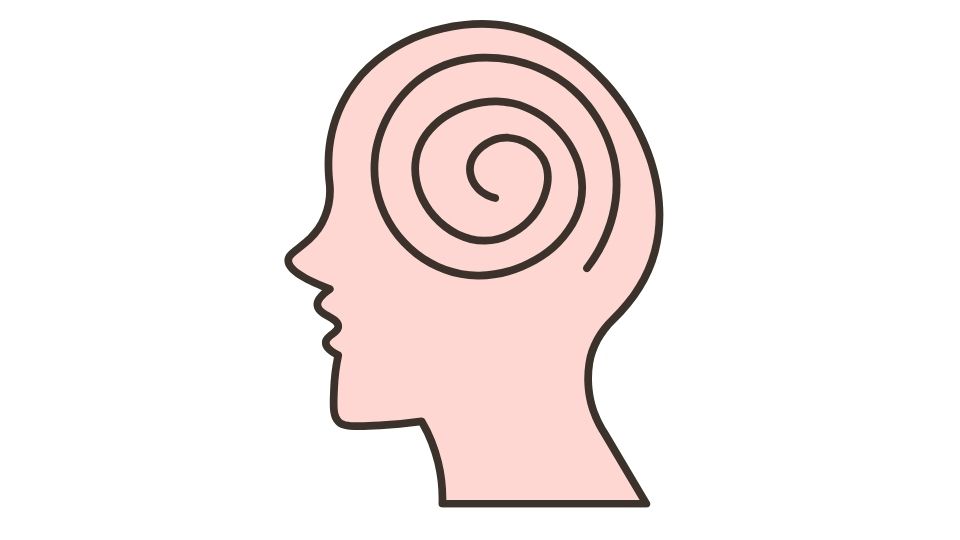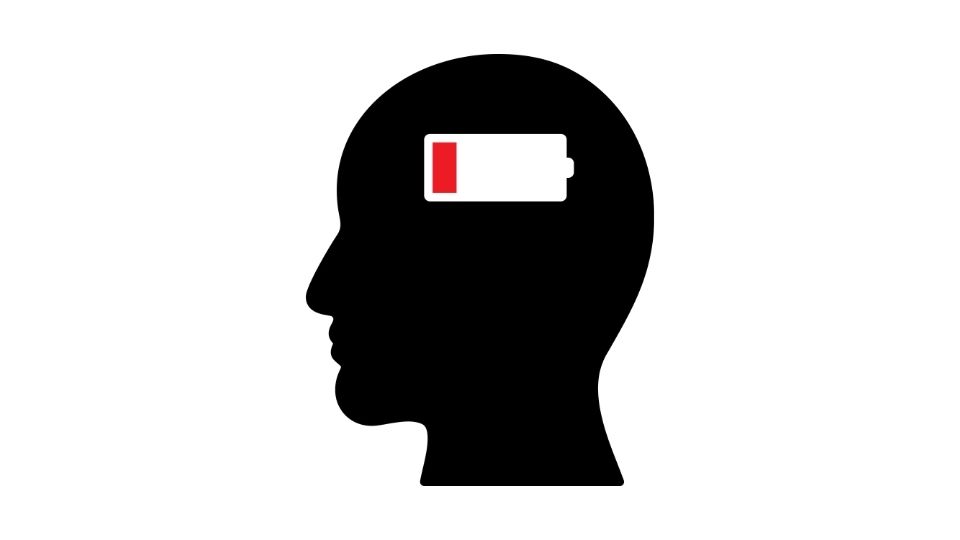14 Subtle Signs You Might Have Abandonment Issues

Ever feel like you’re on high alert waiting for people to leave you? Welcome to the world of abandonment issues – that deep fear of being left, rejected, or unloved that messes with your emotions, relationships, and self-worth.
I’ve been there. Many of us have. But understanding these patterns is the first step to breaking free from them.
Let’s dive into the 14 telltale signs you might be dealing with abandonment issues (plus what you can actually do about them)
14 Signs You Might Have Abandonment Issues
1. You Push People Away Before They Can Leave You

This is the classic “I’ll dump you before you dump me” move. You sabotage relationships by creating distance when things start getting good.
Why? Because your brain thinks it’s safer to be the abandoner than the abandoned. It’s a twisted form of self-protection that actually guarantees you end up alone.
2. Your Emotions Go From 0 to 100 Real Quick
Small conflicts feel like relationship extinction events. Your partner is 10 minutes late? They must be leaving you. They didn’t text back immediately? They’re probably with someone else.
These intense emotional reactions aren’t random – they’re your abandonment alarm system going haywire.
3. You Both Crave and Fear Intimacy

It’s the ultimate contradiction: you desperately want deep connection but run from it at the same time.
Getting close means getting vulnerable, and vulnerability means potential pain. So you keep one foot out the door, never fully committing to relationships that could actually fulfill you.
4. You’re Clingy AF (And You Know It)
On the flip side, maybe you’re the one who needs constant reassurance. “Do you still love me?” “Are we okay?” “You’re not mad, right?”
This desperate need for validation comes from a good place – you’re trying to feel secure – but it often pushes away the very people you’re trying to keep close.
5. Your Self-Esteem Is In The Basement
Deep down, you believe you’re fundamentally unlovable or defective. You wonder why anyone would stick around for the long haul when they really get to know you.
This core belief is often the foundation that all other abandonment fears are built on.
6. Trust Issues? You’ve Got a Collection

You analyze texts for hidden meanings. You remember every inconsistency in someone’s story. You’re constantly looking for proof that people can’t be trusted.
After all, if you’ve been abandoned before, why wouldn’t it happen again? Your brain is wired to protect you from past hurts by staying on high alert.
7. Jealousy Is Your Default Setting
When your partner mentions a coworker or your friend hangs out with someone else, your stomach tightens. You’re not just jealous – you’re terrified of being replaced.
This possessiveness comes from the belief that relationships are scarce resources that can be stolen away.
8. You Avoid Close Relationships Altogether
Sometimes the easiest solution seems to be avoiding relationships entirely. Why bother opening up if people just leave anyway?
This self-imposed isolation feels safer but leaves you missing the connection all humans need.
9. You Can’t Express Needs or Set Boundaries
You’d rather suffer in silence than risk upsetting someone by expressing what you need. The thought of saying “no” makes you break out in a cold sweat.
After all, if you’re too difficult, people might walk away – so you become a human doormat instead.
10. You Never Go All-In
Even in your closest relationships, you hold something back. You keep parts of yourself hidden, maintain separate lives, or create emotional distance.
It’s like emotional insurance – if they leave, at least you didn’t give them everything.
11. You Stay in Dead-End Relationships
Any relationship seems better than no relationship when abandonment is your greatest fear. So you tolerate partners who don’t meet your needs, friends who take advantage, or situations that make you unhappy.
The devil you know feels safer than the unknown of being alone.
12. Your Emotions Are Hard to Control
When abandonment fears get triggered, your emotional regulation system goes offline. You might find yourself crying uncontrollably, lashing out in anger, or spiraling into anxiety.
These big feelings can be overwhelming and often lead to the very relationship problems you’re afraid of.
13. You Self-Medicate to Numb the Pain
Alcohol, drugs, food, shopping, excessive gaming – whatever helps you escape the painful feelings of abandonment, even temporarily.
These coping mechanisms provide relief in the moment but create more problems down the road.
14. You Put on a Superior, “I Don’t Need Anyone” Front
Sometimes abandonment issues hide behind a mask of independence and superiority. “I don’t need anyone” often means “I’m terrified of needing someone who might leave.”
This defensive posture keeps people at arm’s length while protecting your wounded heart.
Understanding Where Abandonment Issues Come From
Abandonment issues don’t appear out of nowhere. They’re usually rooted in:
- Childhood experiences like neglect, loss of a parent, inconsistent caregiving
- Past relationship traumas like betrayal or unexpected breakups
- Significant losses in adulthood
- Attachment patterns learned early in life
The impact on your nervous system is real. Your brain develops hypervigilance to protect you from experiencing that pain again. You’re constantly scanning for threats because your survival once depended on it.
How Abandonment Issues Mess With Your Relationships
These fears don’t just live in your head – they show up in how you connect with others:
- You create self-fulfilling prophecies by acting in ways that push people away
- You interpret neutral actions through the lens of potential abandonment
- You swing between anxious clinging and defensive distancing
- You struggle to be present because you’re always anticipating the end
The cruel irony? The very behaviors meant to protect you from abandonment often guarantee it happens.
Healing Your Abandonment Wounds

Good news: abandonment issues aren’t a life sentence. Here’s how to start healing:
1. Work With a Professional
Therapy provides a safe space to explore your abandonment fears with someone who won’t abandon you. Cognitive-behavioral therapy and attachment-focused approaches work wonders here.
2. Practice Self-Compassion
Stop beating yourself up for having these fears. They developed for a reason! Treating yourself with kindness interrupts the shame spiral that often accompanies abandonment issues.
3. Build Your Emotional Regulation Toolkit
Learn techniques to soothe yourself when abandonment fears get triggered:
- Deep breathing
- Grounding exercises
- Positive self-talk
- Mindfulness practices
4. Create Healthy Boundaries
Start small by expressing preferences and needs in low-risk situations. As you build confidence, you’ll see that setting boundaries actually strengthens relationships rather than threatening them.
5. Challenge Your Thoughts
When abandonment fears arise, ask yourself:
- What’s the evidence for this fear?
- Is there another explanation for this person’s behavior?
- What would I tell a friend with this worry?
6. Build a Support Network
Don’t put all your eggs in one relationship basket. Developing multiple meaningful connections creates a safety net when individual relationships go through challenges.
The Bottom Line
Abandonment issues are painful, but recognizing these signs is a huge first step toward healing. With awareness, support, and practice, you can build secure attachments and trust that people can stay – and that you’re worthy of their presence.
Remember: the goal isn’t to never feel abandoned again. It’s to know that you can survive it if it happens. And that’s true freedom.
If you recognize several of these signs in yourself, consider reaching out to a therapist who specializes in attachment and trauma. Your future relationships (including the one with yourself) will thank you.

